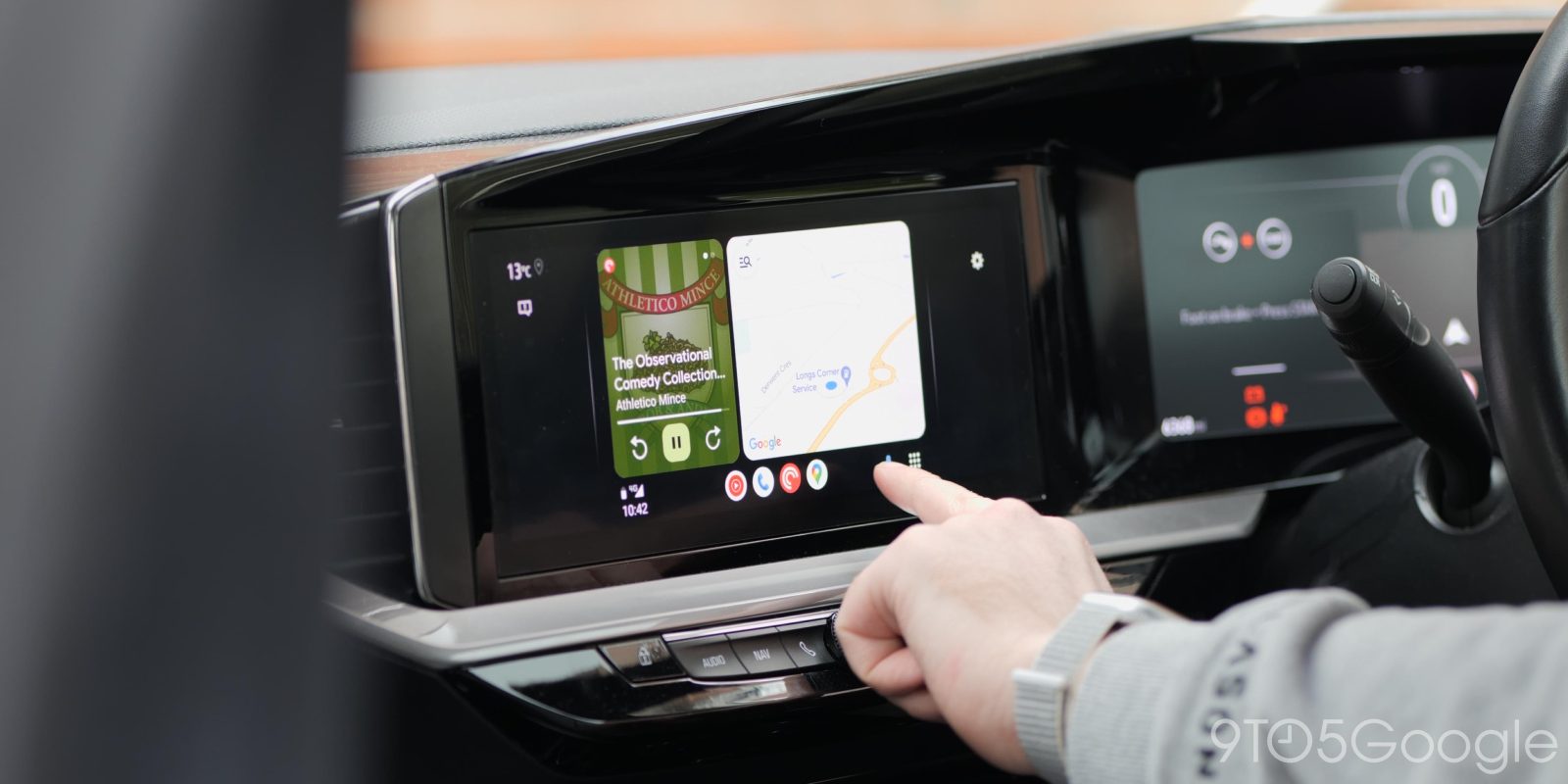
Following similar moves by Google Chrome and Calendar, Android Auto is set to stop functioning on older devices in the near future.
About APK Insight: In this “APK Insight” post, we’ve decompiled the latest version of an application that Google uploaded to the Play Store. When we decompile these files (called APKs, in the case of Android apps), we’re able to see various lines of code within that hint at possible future features. Keep in mind that Google may or may not ever ship these features, and our interpretation of what they are may be imperfect. We’ll try to enable those that are closer to being finished, however, to show you how they’ll look in the case that they do ship. With that in mind, read on.
Last month, Google shared that the current latest update of Chrome (version 120) would be the last to support devices running Android Nougat or earlier. It was also discovered that Google Calendar would make a similar move, ceasing to function on the older OS. For context, Nougat was initially released in 2016 and was the version of Android that the first generation of Pixel phones ran out of the box.
Now, it seems that Android Auto is the next to make such a move, according to new details in the latest update (version 11.0). New text in the app’s code makes it clear that users will soon be notified of a need to update to a newer version of Android. From our investigation of the app’s code, Android Oreo will be the new minimum requirement.
<string name=”phone_os_deprecation_notification_title”>Update Android</string>
<string name=”phone_os_deprecation_notification_content”>To keep using Android Auto, update your phone to the latest version of Android</string>
In addition to phone notifications, it seems Android Auto will also display a similar warning on your car’s infotainment screen:
<string name=”car_os_deprecation_title_text”>Update your phone soon</string>
<string name=”car_os_deprecation_body_text”>To keep using Android Auto, install system updates</string>
As these alerts have not yet rolled out to devices, it seems Android Auto will continue functioning on Nougat for at least a little while longer, but the clock is ticking.
On another note, it’s weirdly out of touch that Google phrases these messages to suggest that the user should “install system updates” or “update [their] phone.” If someone in 2023 is using Android Nougat instead of a more recent version, it’s almost certainly because there aren’t any updates available for their device, not because they haven’t installed them.
If you’re on a device still running Android Nougat or earlier, you should definitely consider upgrading to a new phone before Android Auto, Calendar, and Chrome stop working at their best. The Pixel 7a is a solid, affordable option, or you can check out our full list of our favorite Android phones of 2023.
Thanks to JEB Decompiler, from which some APK Insight teardowns benefit.
FTC: We use income earning auto affiliate links. More.




Comments